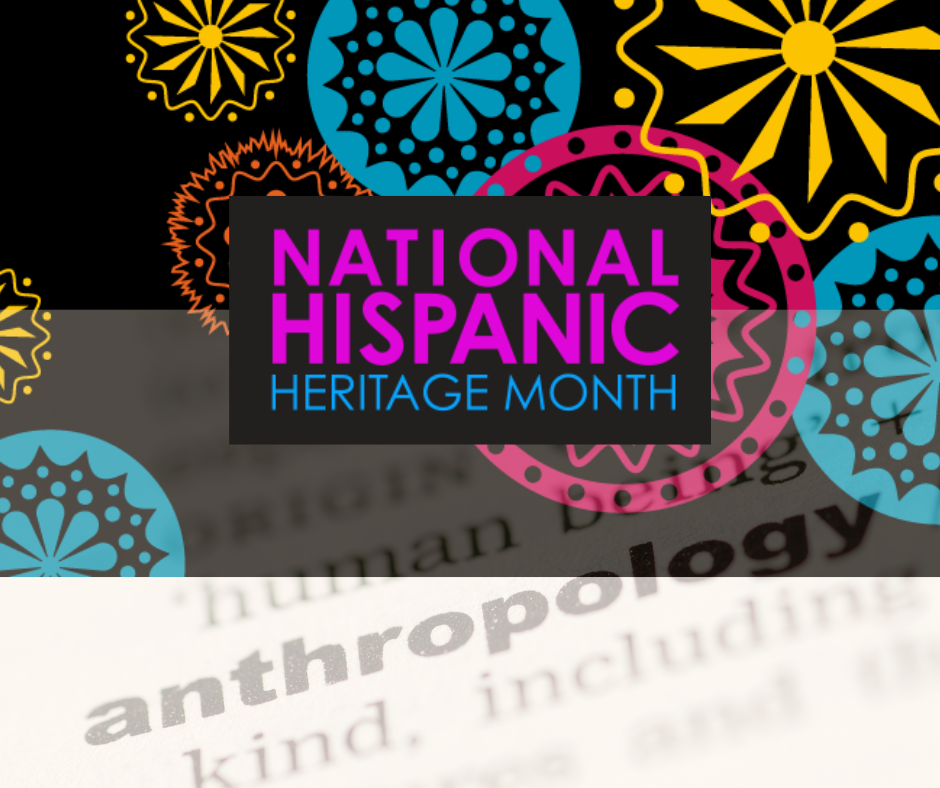A panel of anthropology scholars shared their experience in the field as members of the Latinx community on Oct. 12 at Cosumnes River College.
The event was called “The Latinx Experience in Anthropology” and was held in celebration of Latinx Heritage Month. Anthropology is the study of the human species and its behaviors, cultures and biology.
Dr. Christina Torres (UC Merced), Jessica Morales (UC Davis) and Andrea Lemus Noyola (Sacramento State) spoke about how their identities at Latinx women influence the way they view anthropology and how they approach their work.
“I feel like if I am in a position now where I’m educated and have these tools to my disposal and resources to my disposal, I started to feel like I had a responsibility almost, to go back to my hometown and used what I have learned to apply it in some way,” Noyola said.
Noyola is from the small Central California town of Richgrove in Tulare County, where she is doing her thesis project that addresses the issues of the community, government and infrastructure.
“My parents are actually from a very small town, or village, in Mexico. And so these are very small places that don’t really get out or public attention,” Morales said. “It really gives voices to these people that don’t otherwise get to share their story.”
Morales and Noyola are both cultural anthropologists and they study the way humans interact with each other and their environments. Morales is currently working on her dissertation exploring the relationship between humans and dogs in prehistoric Alta and Baja California.
“It was nice to be able to see myself represented in these academic fields and I like that the campus is holding events like this for our Heritage Month,” said 18-year-old sociology major Sienna Heredia, one of the members of the audience.
The panelists took turns explaining how they felt responsible for representing their people, especially in a predominately white dominated field. In the beginning of each of their studies, they said how they felt isolated because of their culture and how that was challenging, but in modern times they’ve seen growth ethnically in their academic fields.
“There is actually a whole organization called the Society for Latinx Anthropology,” said Professor Anastasia Panagakos, the event organizer. “It’s a place where folks who identify as Latinx and are working in anthropology can come together to talk about their work and experiences.”
“The Latinx Experience in Anthropology” was the last event to conclude Latinx Heritage Month celebrations on campus.
“If you’re uncomfortable doing it, if you’re scared doing it, then you’re doing it right,” Noyola said.

